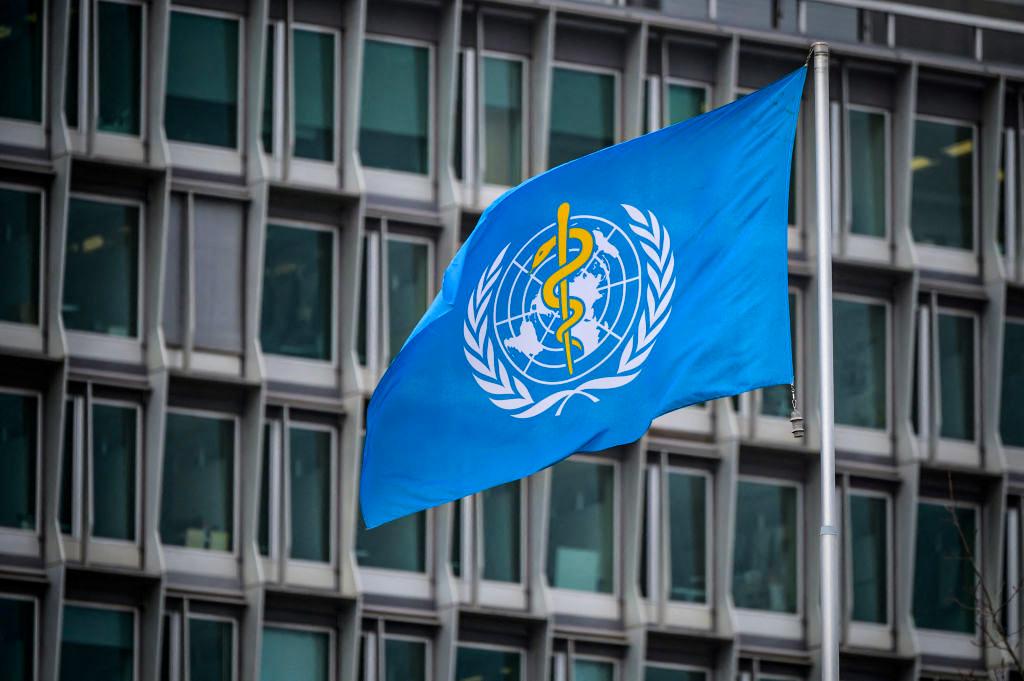More than three years after COVID-19 emerged in the Chinese city of Wuhan, the World Health Organization (WHO) has shelved its plan for the second phase of a study into the virus’ origins, Nature reported Tuesday.
In January 2021, a year after the initial outbreak, the WHO dispatched an international team of scientists and doctors from various disciplines to Wuhan, where they worked with Chinese experts to examine evidence about the virus. The phase one investigation yielded a report that only spawned more questions over the hypothesis that the virus might have escaped from the Wuhan Institute of Virology (WIV), which was tinkering with bat coronaviruses. It was also criticized for ignoring China’s failure to hand over complete, original data and samples.





